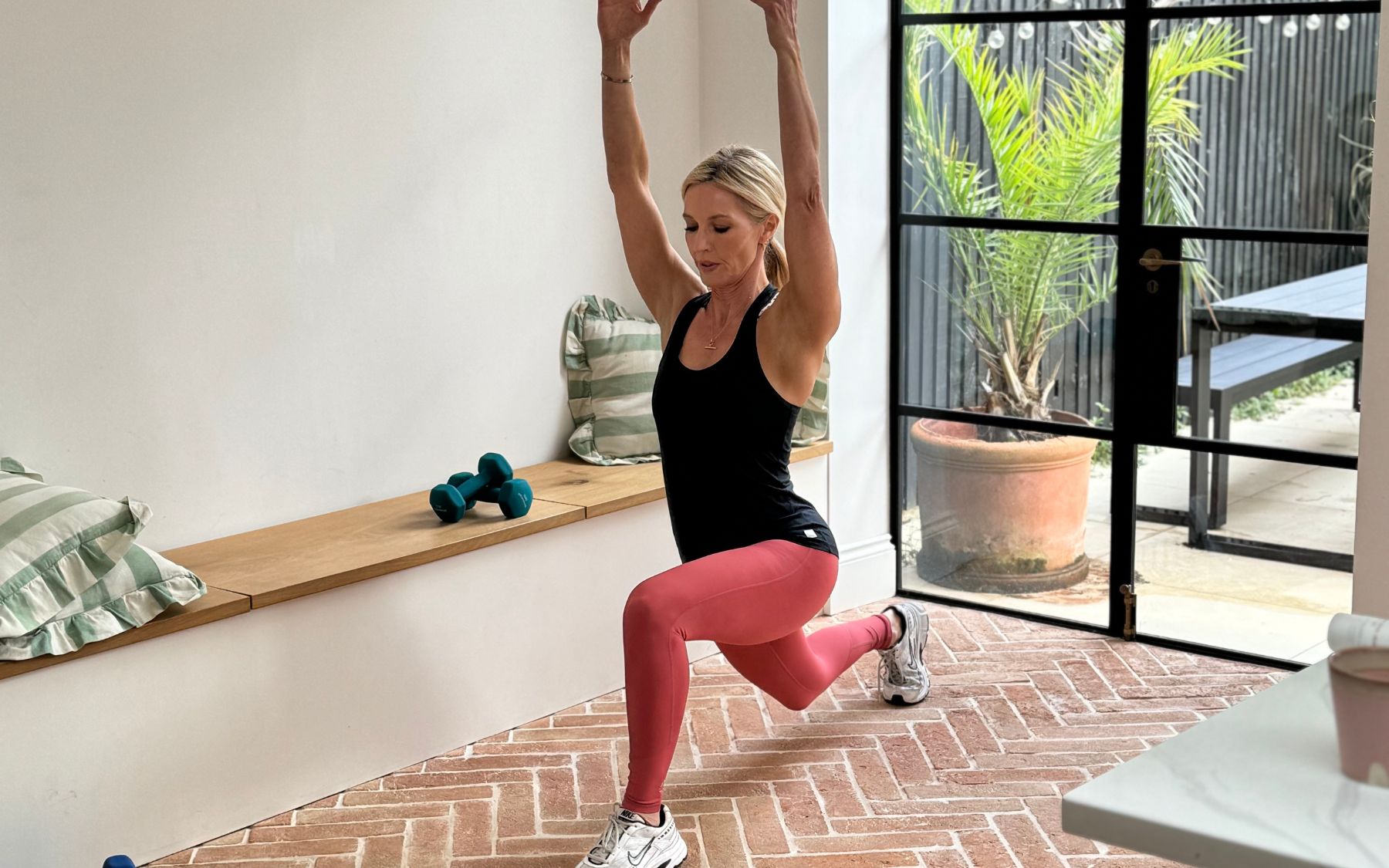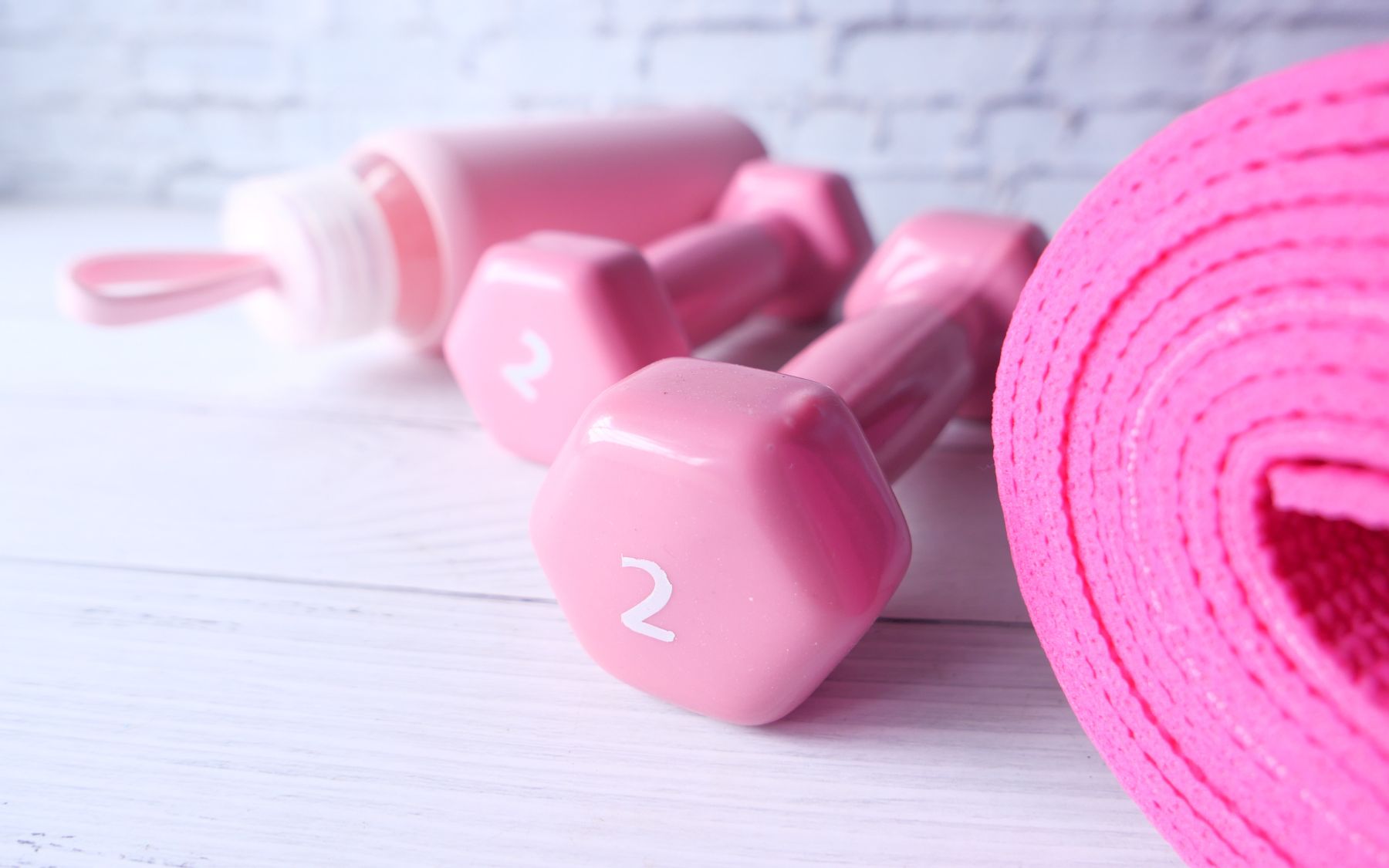Determining whether you are eating enough protein depends on various factors, including your age, gender, weight, activity level, and fitness goals. Protein is an essential macronutrient that plays a crucial role in building and repairing tissues, supporting immune function, and maintaining muscle mass. With so many protein powders and supplements on the market it can often be very confusing. Firstly think about why we may need a protein supplement, what the best sources of protein are and whether we should be worrying about a protein deficiency. Here are some general guidelines to help you assess your protein intake:
Calculate Your Protein Needs:
A common recommendation for protein intake is around 0.8 grams of protein per kilogram of body weight for sedentary adults. However, if you're physically active or involved in strength training or other intense physical activities, you may need more. More active women (especially those lifting weights) are currently recommended to have 1-1.2 g per kg body weight which is 65-78 g of protein for a 65 kg woman. It has also been suggested that an additional 0.4 g per kg bodyweight in snacks throughout the day (an additional 26g of protein) for women in midlife and beyond is optimal. So, to get this level of protein in throughout the day it’s wise to take a look at some of the foods richest in protein. Typically, animal-based protein sources are more readily utilised by the body than plant-based protein sources, but that does not mean we should ignore plant sources.
Consider Your Goals:
Your protein needs may vary based on your fitness goals. Athletes or individuals aiming for muscle gain or fat loss may require higher protein intake to support their objectives. In such cases, protein intake at the higher end of the recommended range may be beneficial.
Assess Your Diet
Evaluate your daily food intake to determine how much protein you're consuming. Include protein-rich foods such as lean meats, poultry, fish, eggs, dairy products, legumes, nuts, and seeds into your diet.
Healthy animal sources of protein include:
- Eggs (a large egg has approximately 6 g protein)
- Chicken
- Turkey
- Salmon
- Milk
Plant based sources include:
- Quinoa
- Soy
- Tofu
- Lentils
- Tempeh
Nuts are also a good source of protein but do also contain a high amount of fat alongside other important nutrients which make them a great snack or topping rather than a main protein source.
Protein powders shouldn’t be overlooked – when mixed with high quality milk such as dairy or soya these can help women boost their protein intake, especially if you are struggling to get enough in via your diet as appetite. However be sure to have a look and see how much protein per “scoop” on the power you choose so you can keep track. These can be very high in sugar so it's wise to do some research.
Spread Protein Intake Throughout the Day:
Distribute your protein intake evenly across meals and snacks throughout the day. This approach helps maximise protein synthesis and supports muscle protein balance.
Monitor Physical Changes:
Pay attention to how your body is responding to your current protein intake. If you are constantly fatigued, experience muscle loss, or have difficulty recovering from workouts, you may need to adjust your protein intake.
Consult a Nutrition Professional:
If you're uncertain about your protein needs or if you have specific health or fitness goals, consider consulting with a registered dietitian or nutritionist. They can provide personalised guidance based on your individual requirements.
It’s important to remember that upping your protein intake won’t make you bulk up, it will instead help your body to function optimally as you get older, to build lean muscle to keep you physically active and to live a longer healthier life. I always try to centre each meal and snack around protein. Remember that individual protein needs can vary, and there is no one-size-fits-all recommendation. It's essential to consider your overall diet, lifestyle, and fitness goals when determining your protein intake. Making informed choices about protein sources and adjusting your diet based on your specific needs can contribute to overall health and fitness.
As always, any questions please do get in touch.
Caroline x
